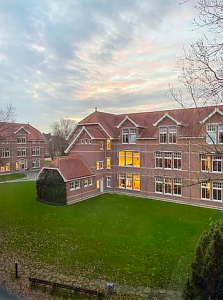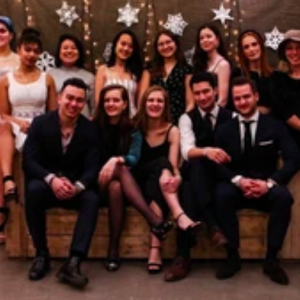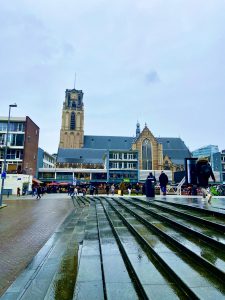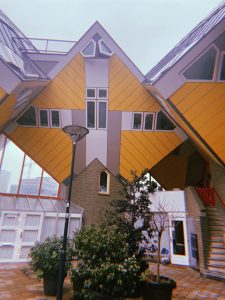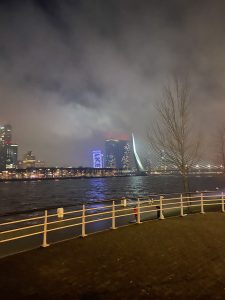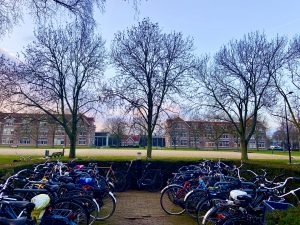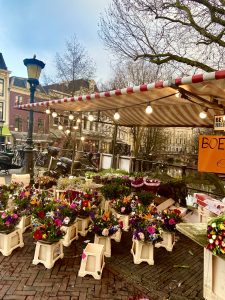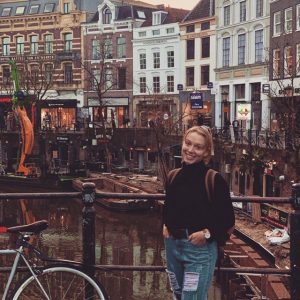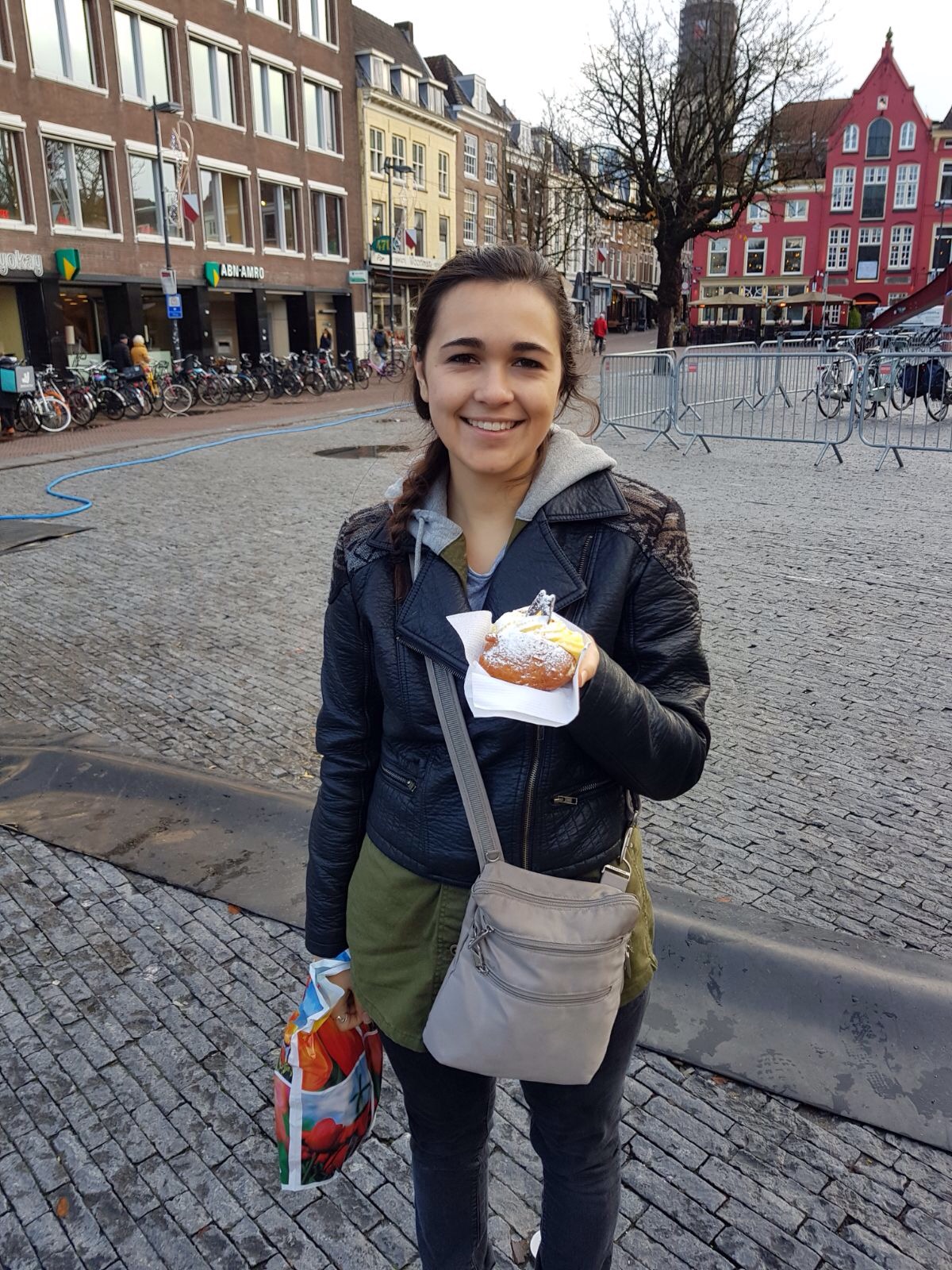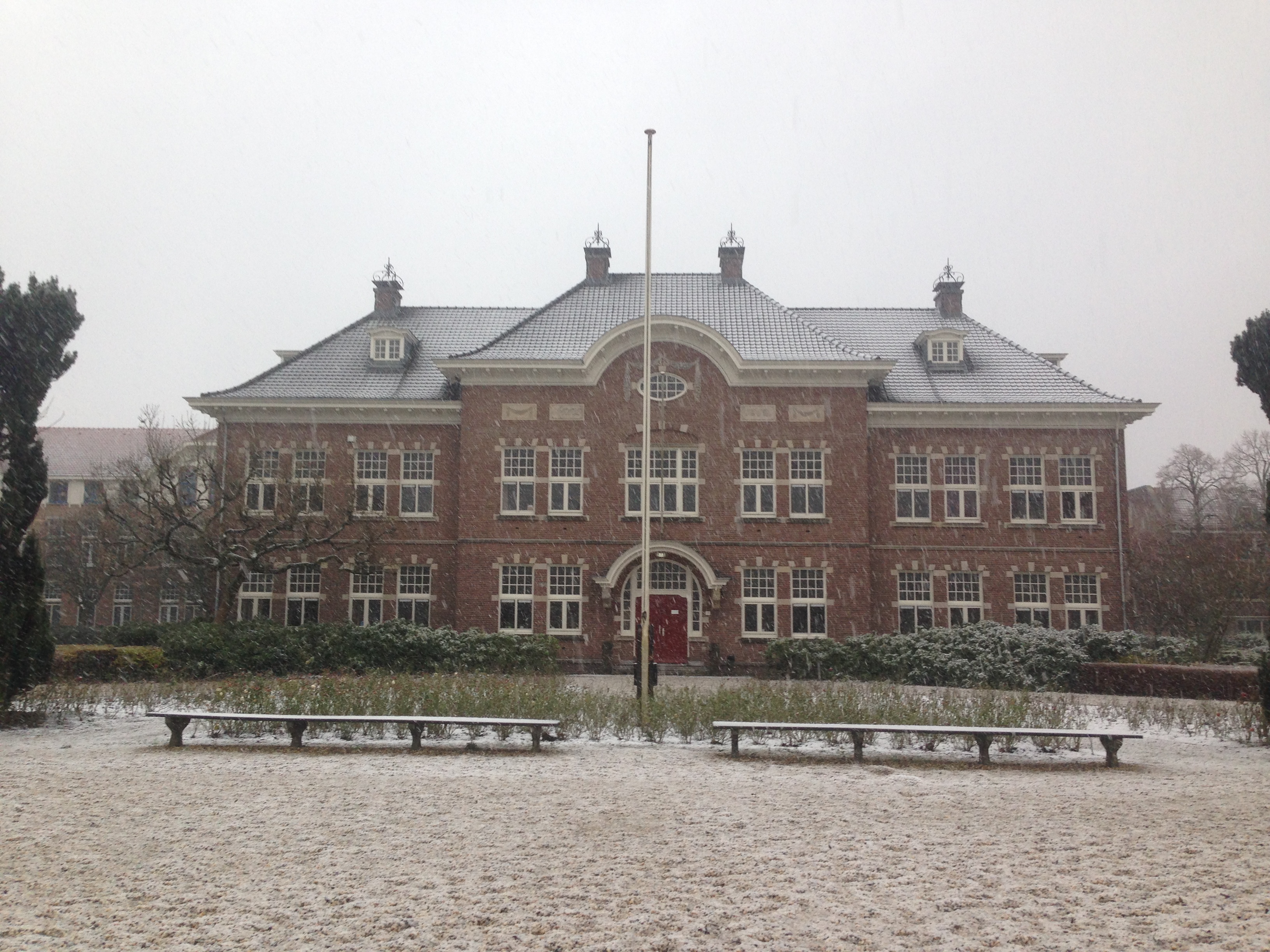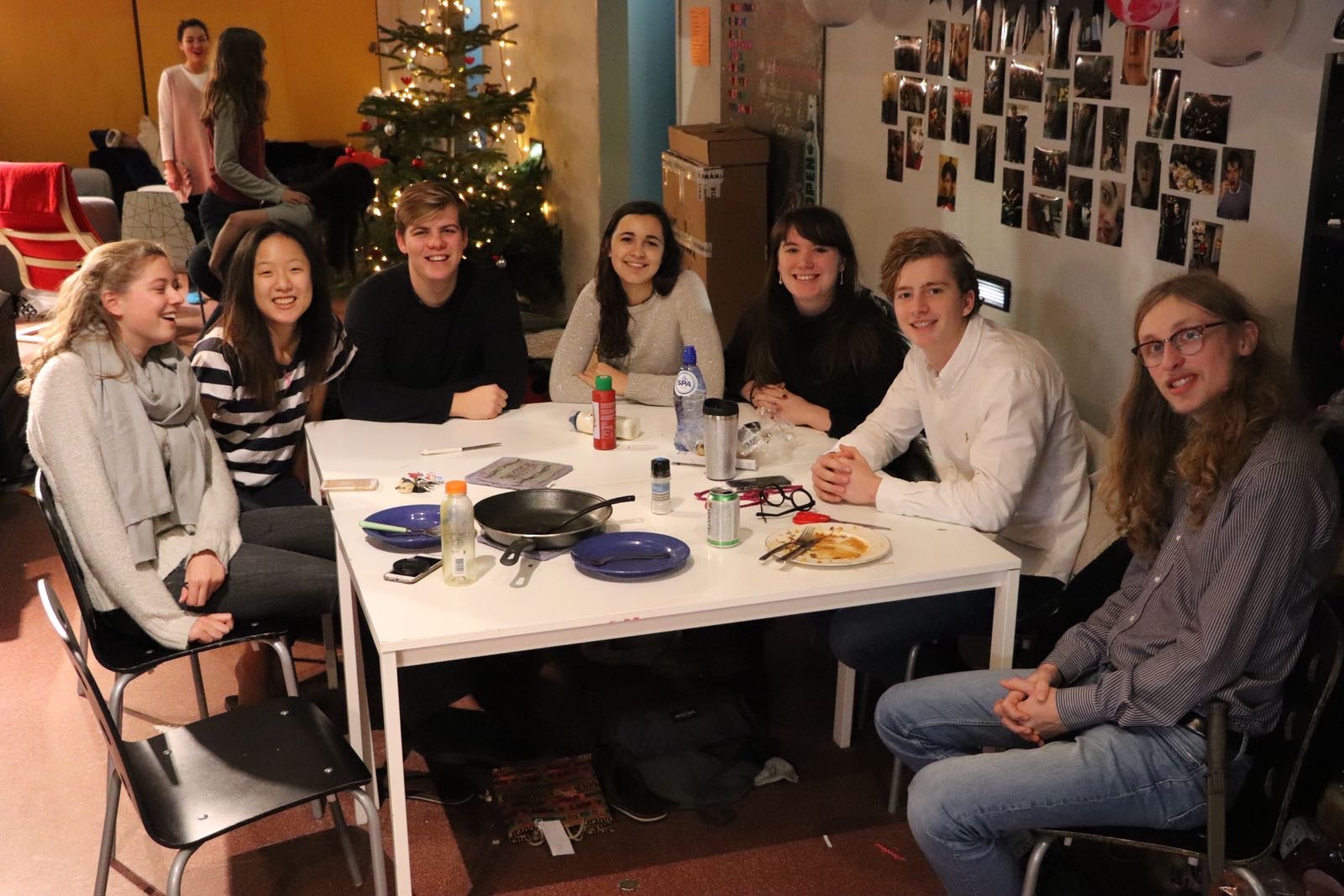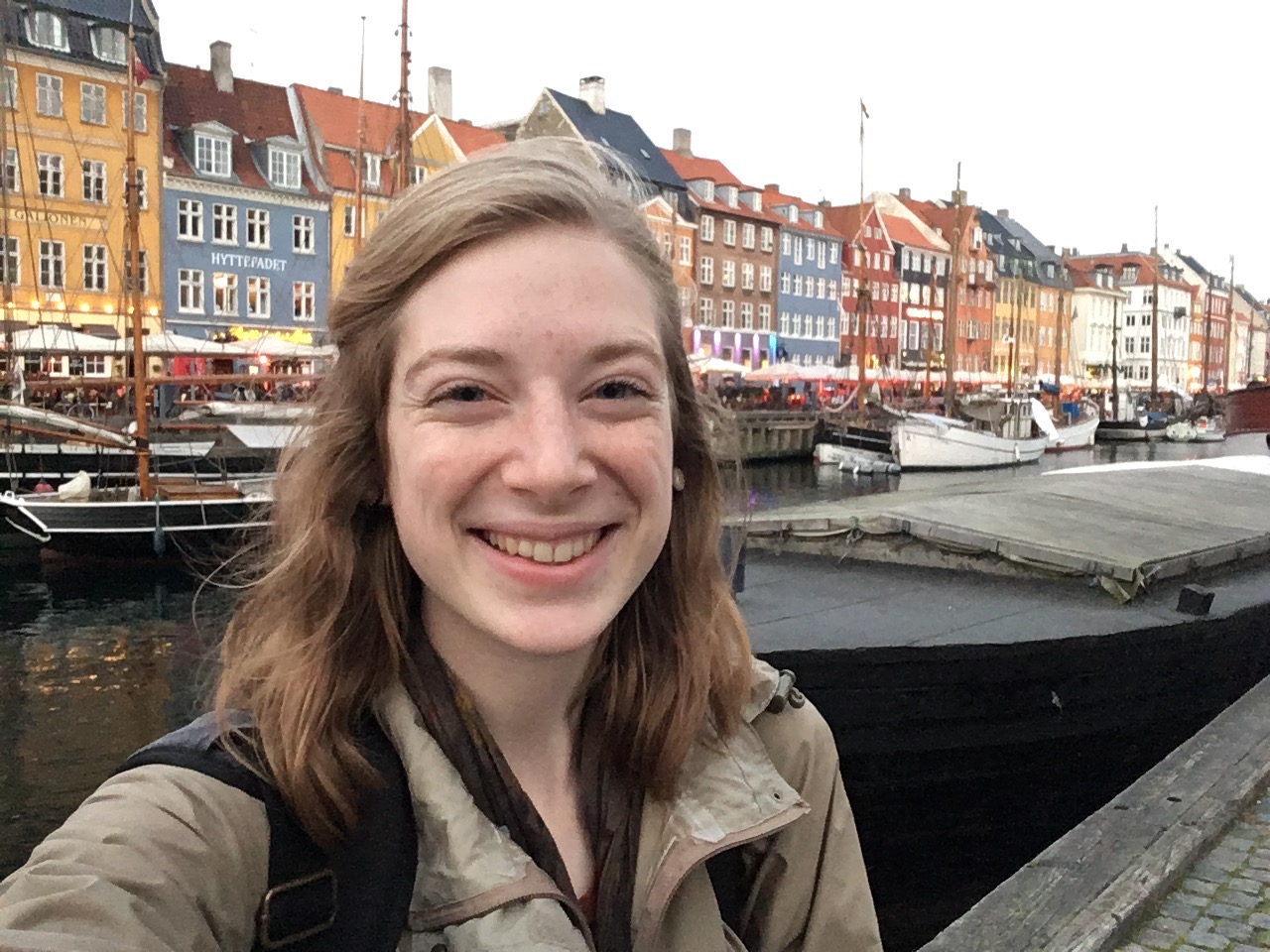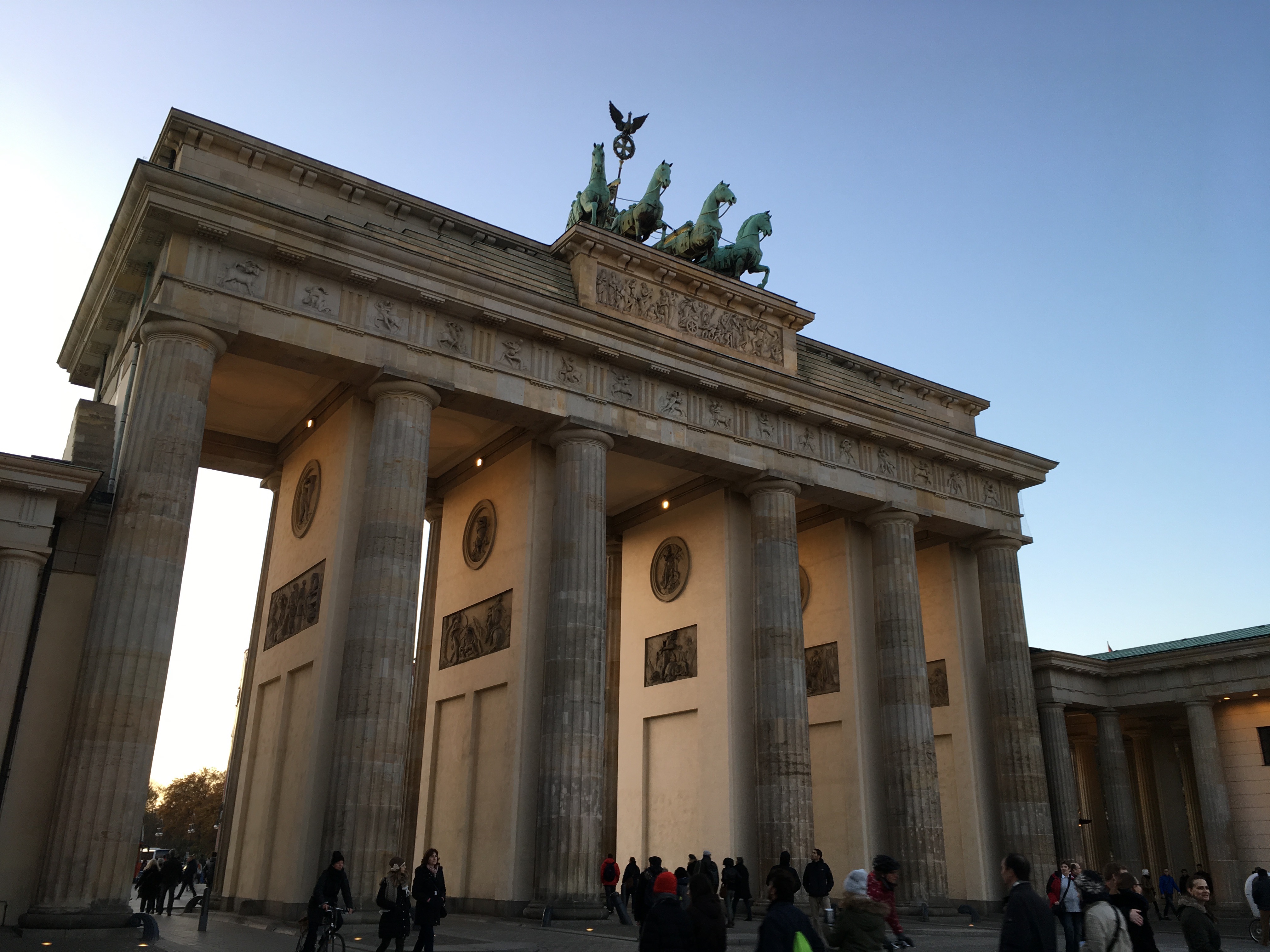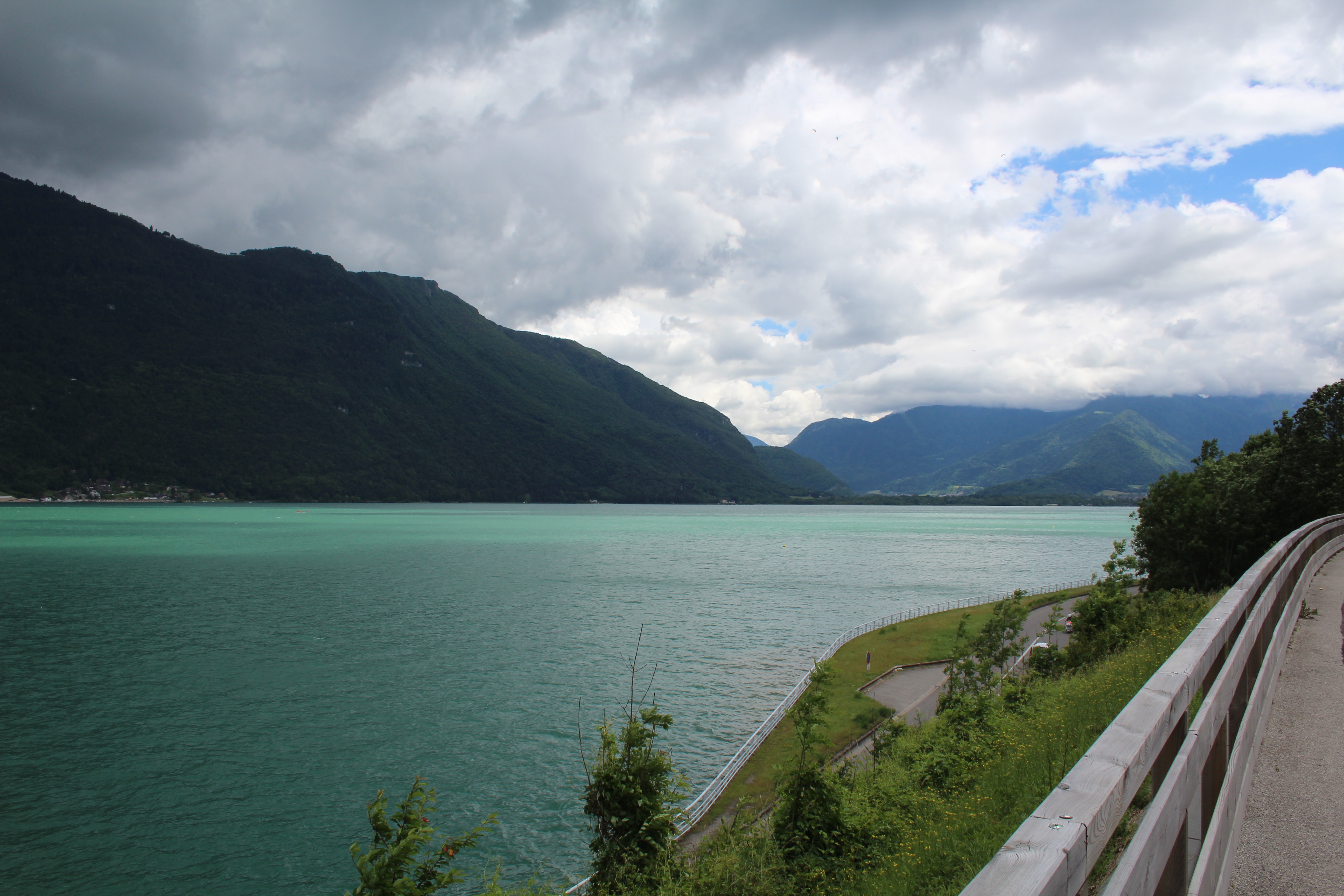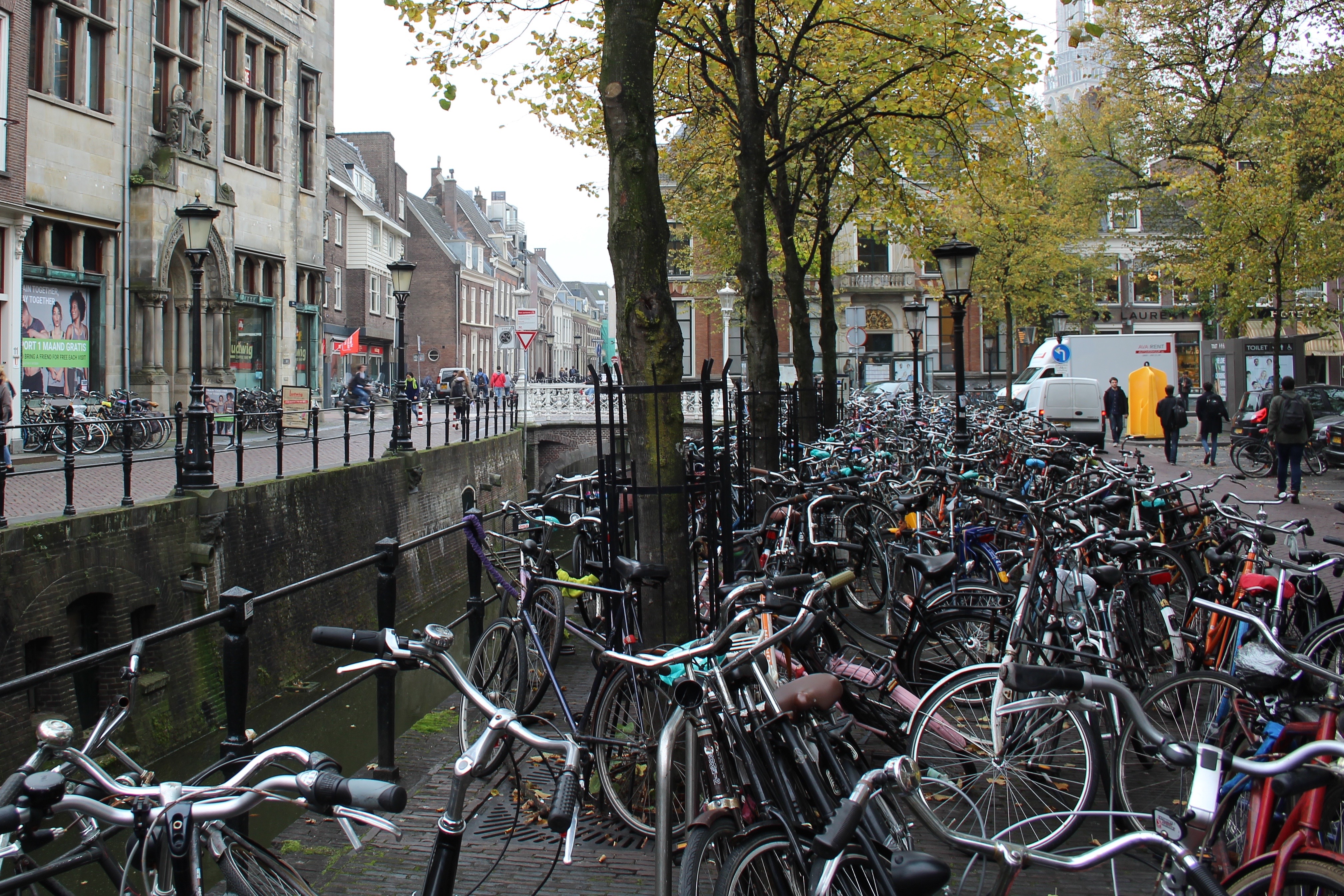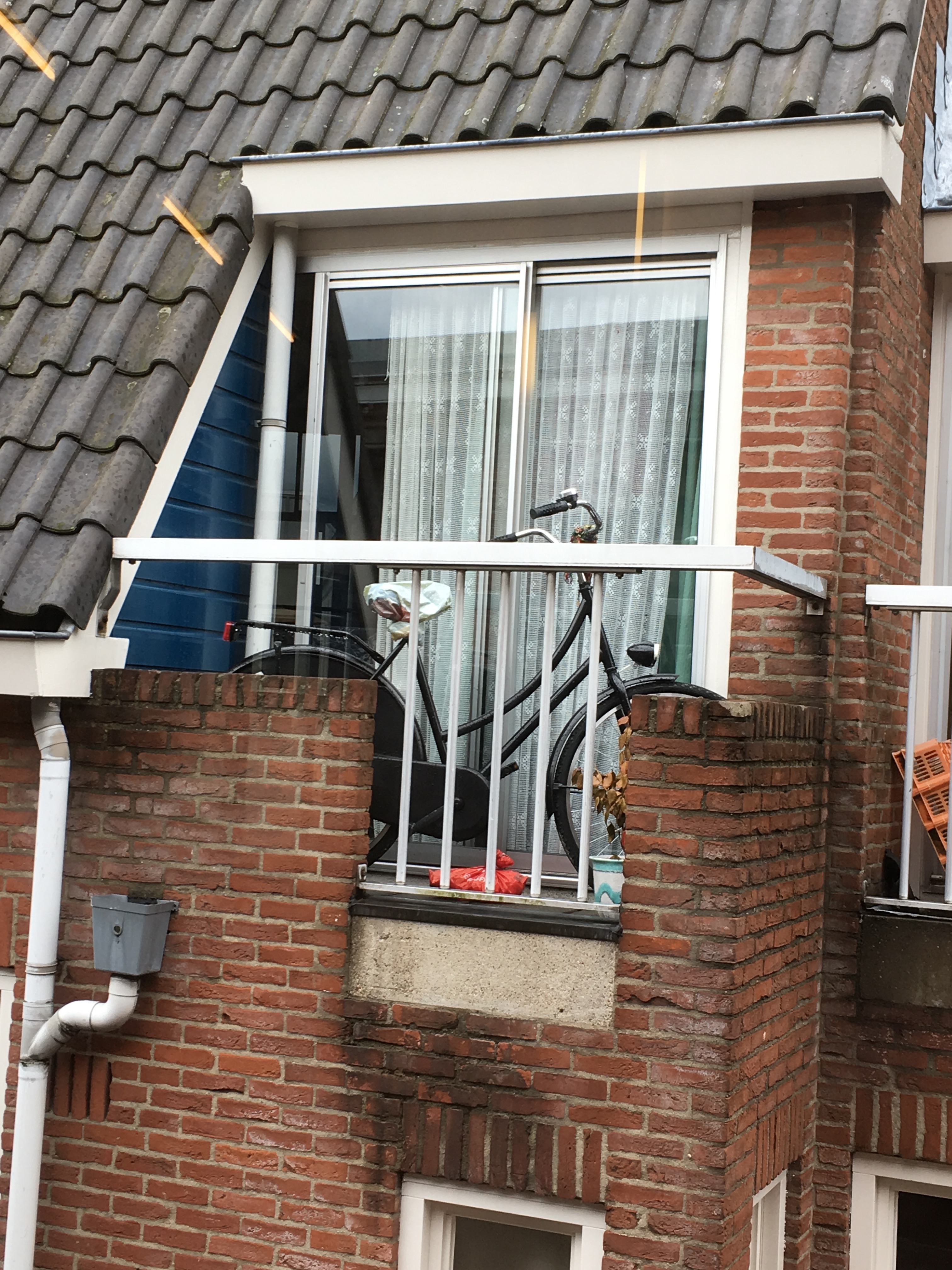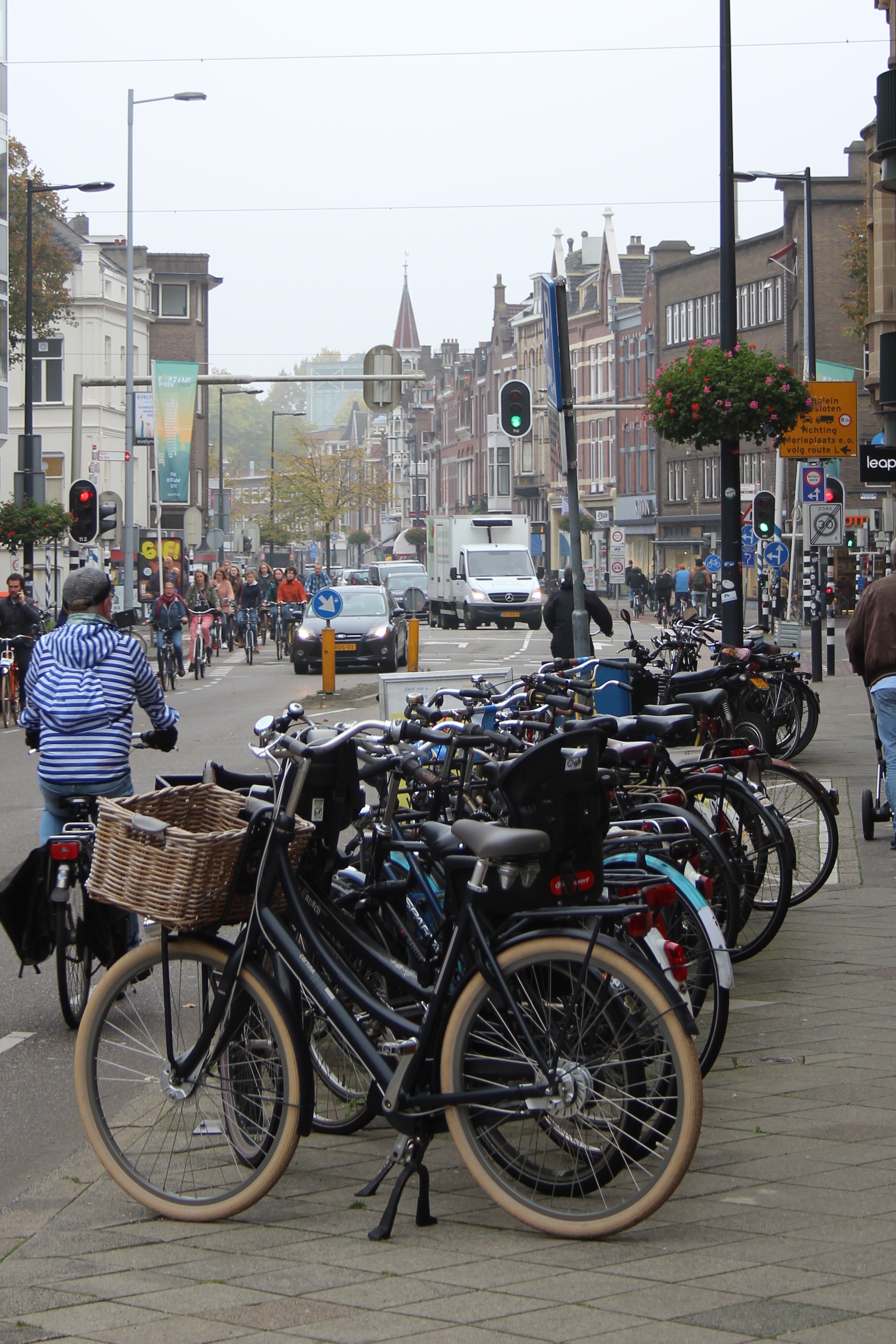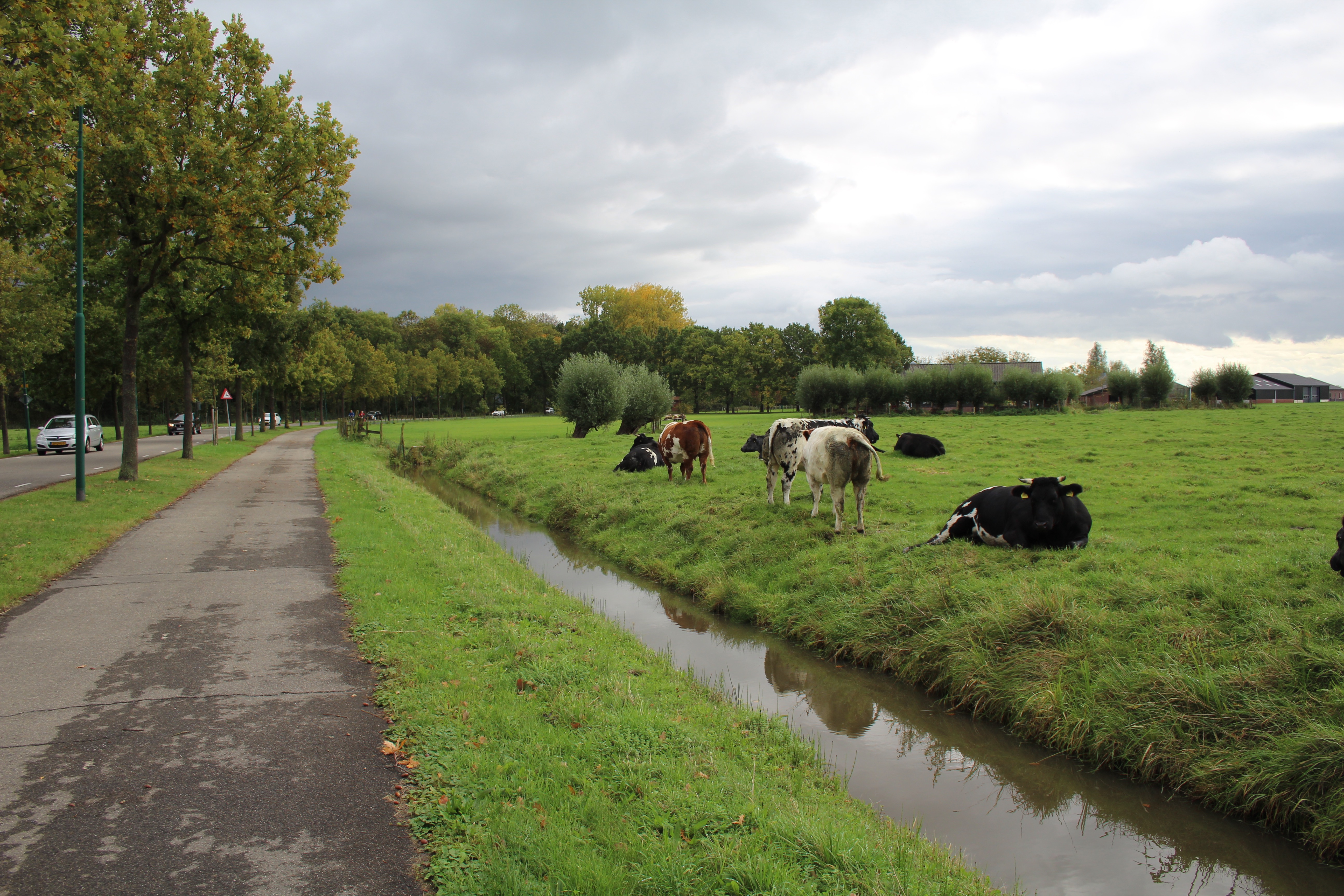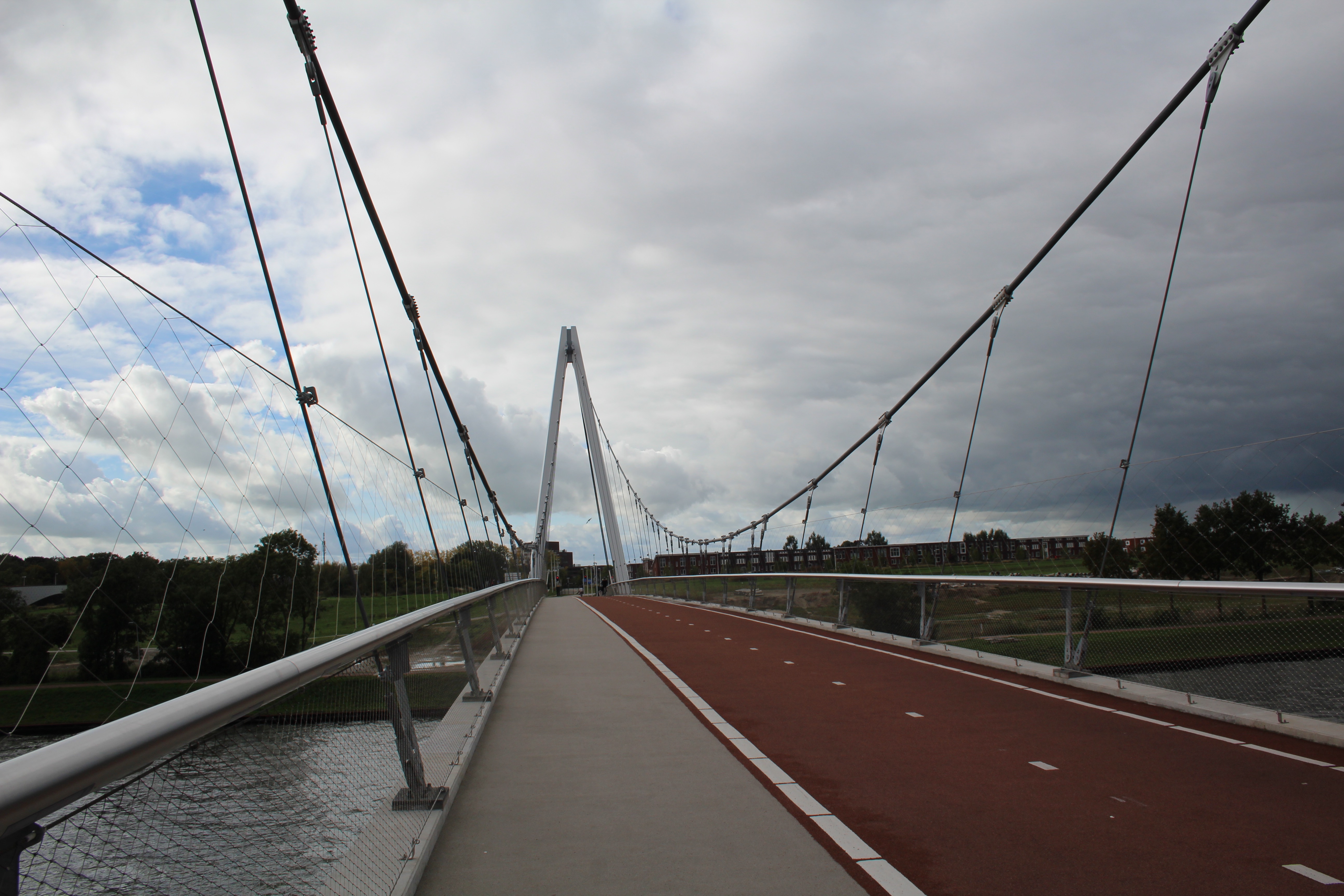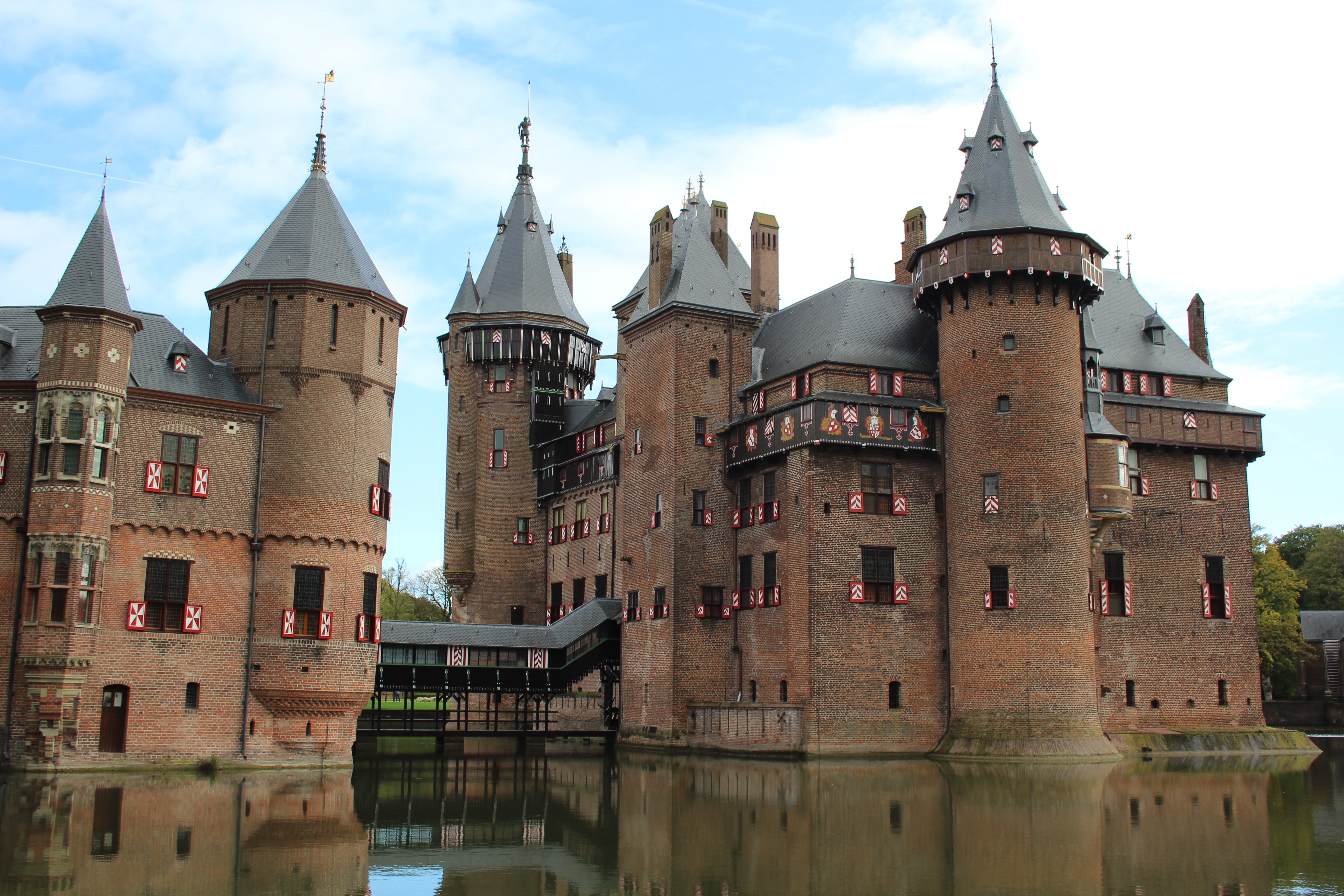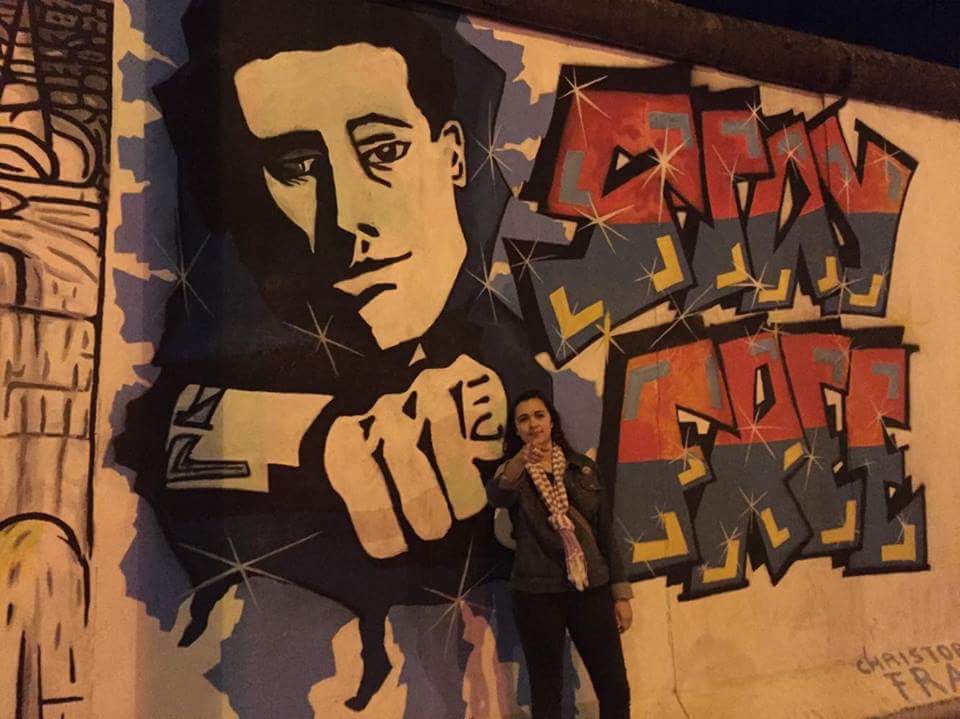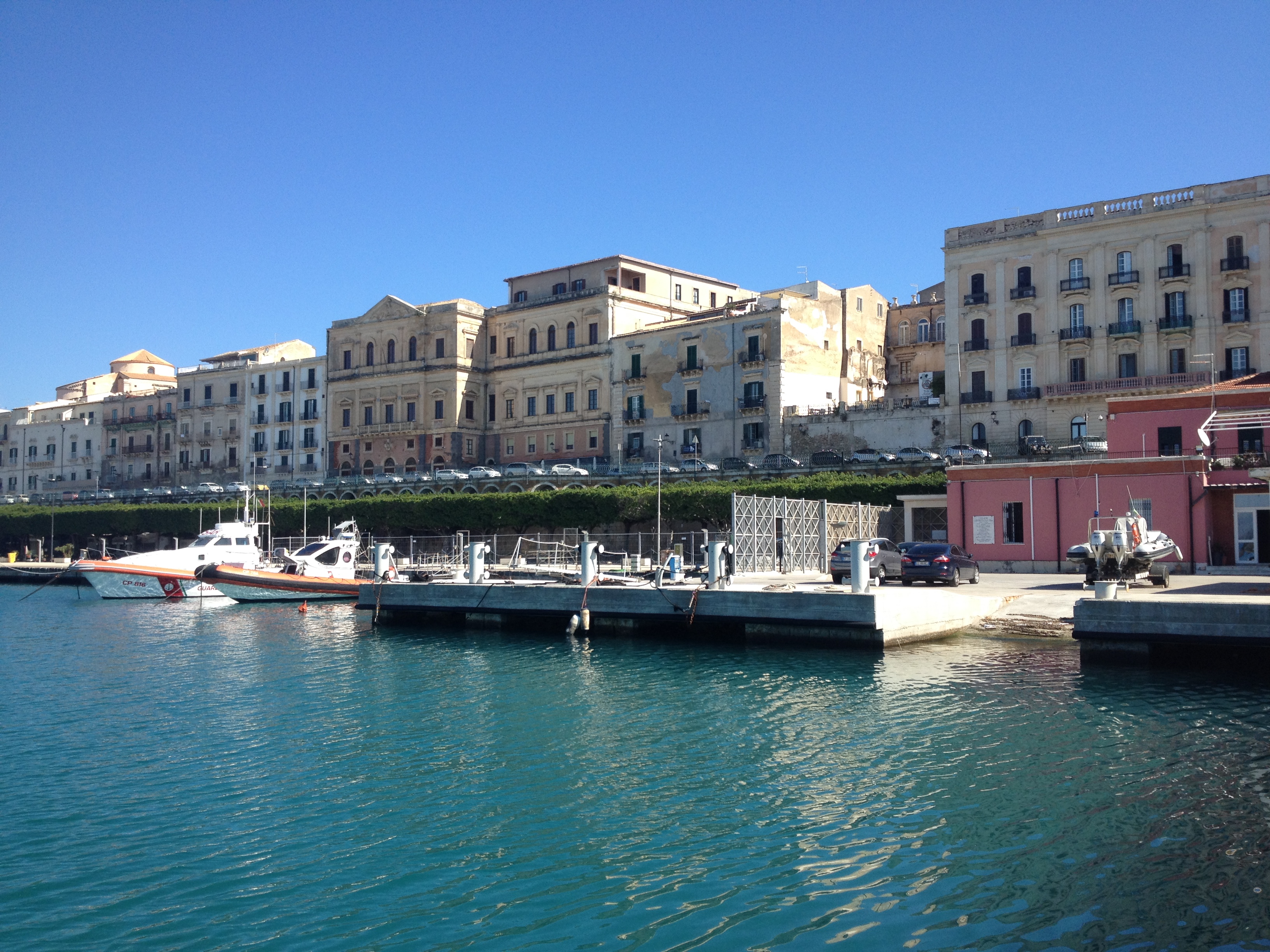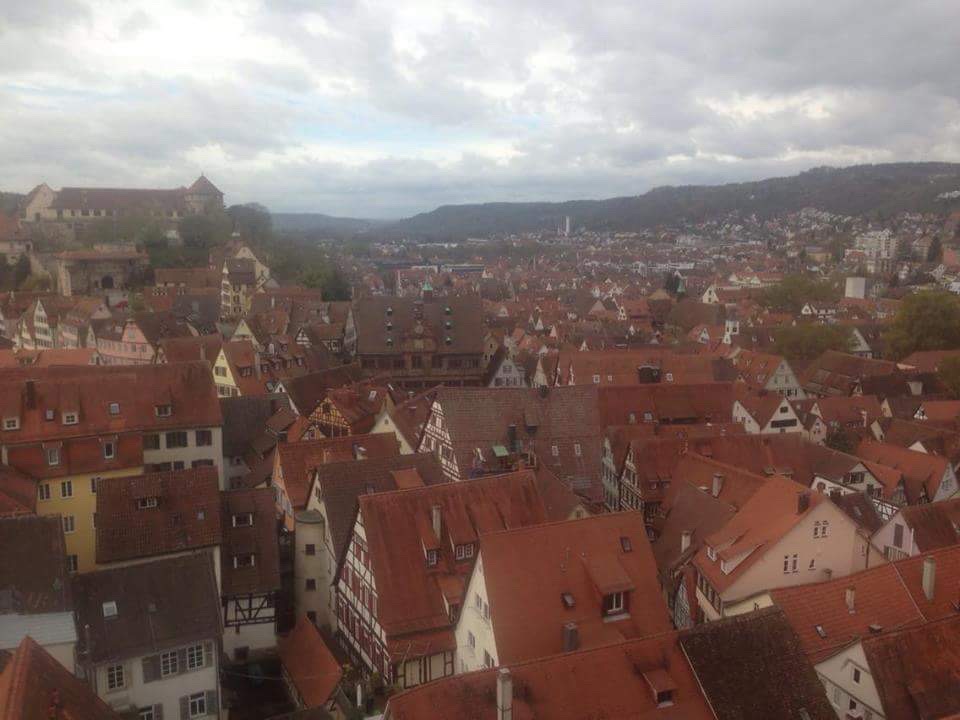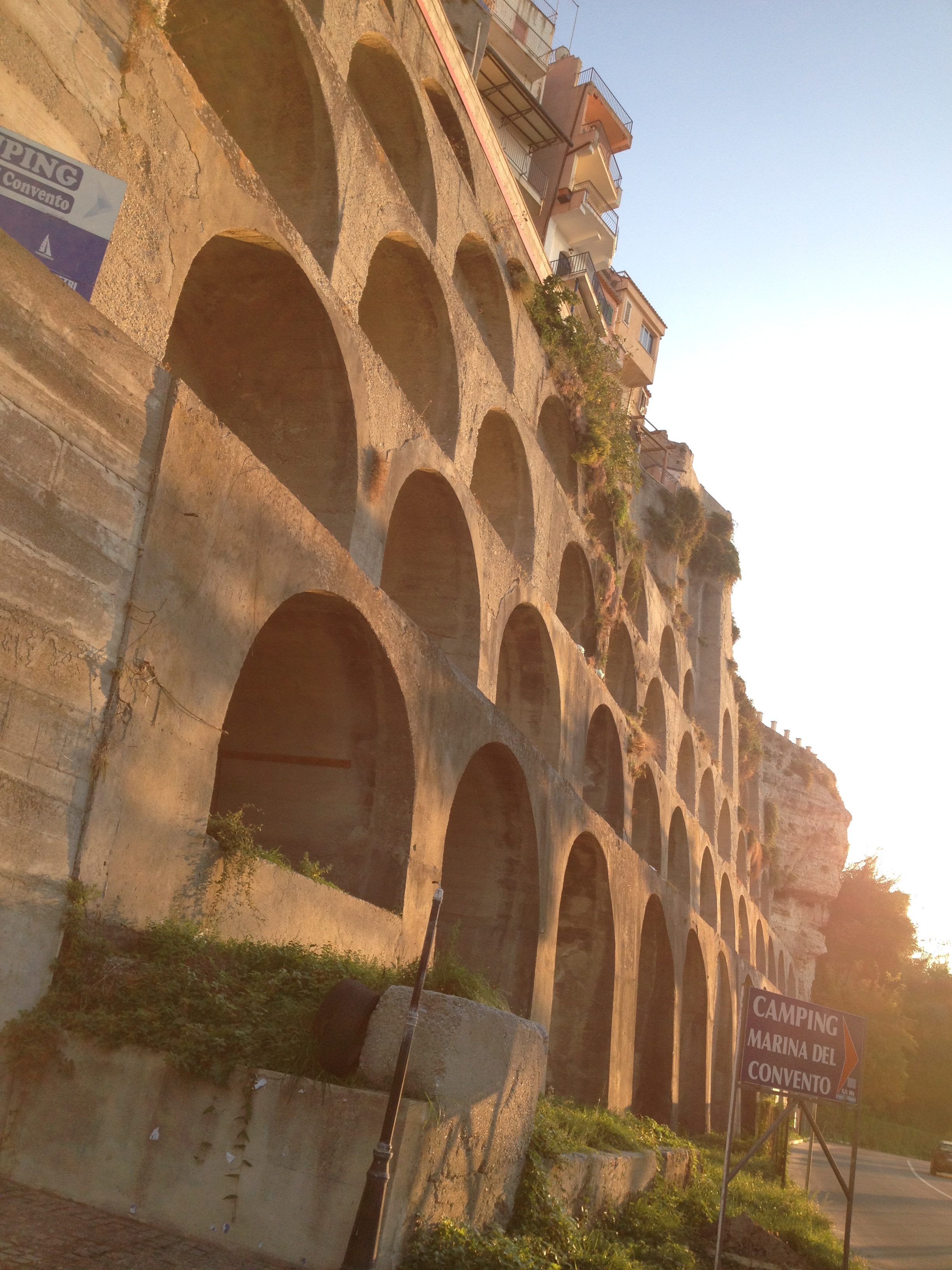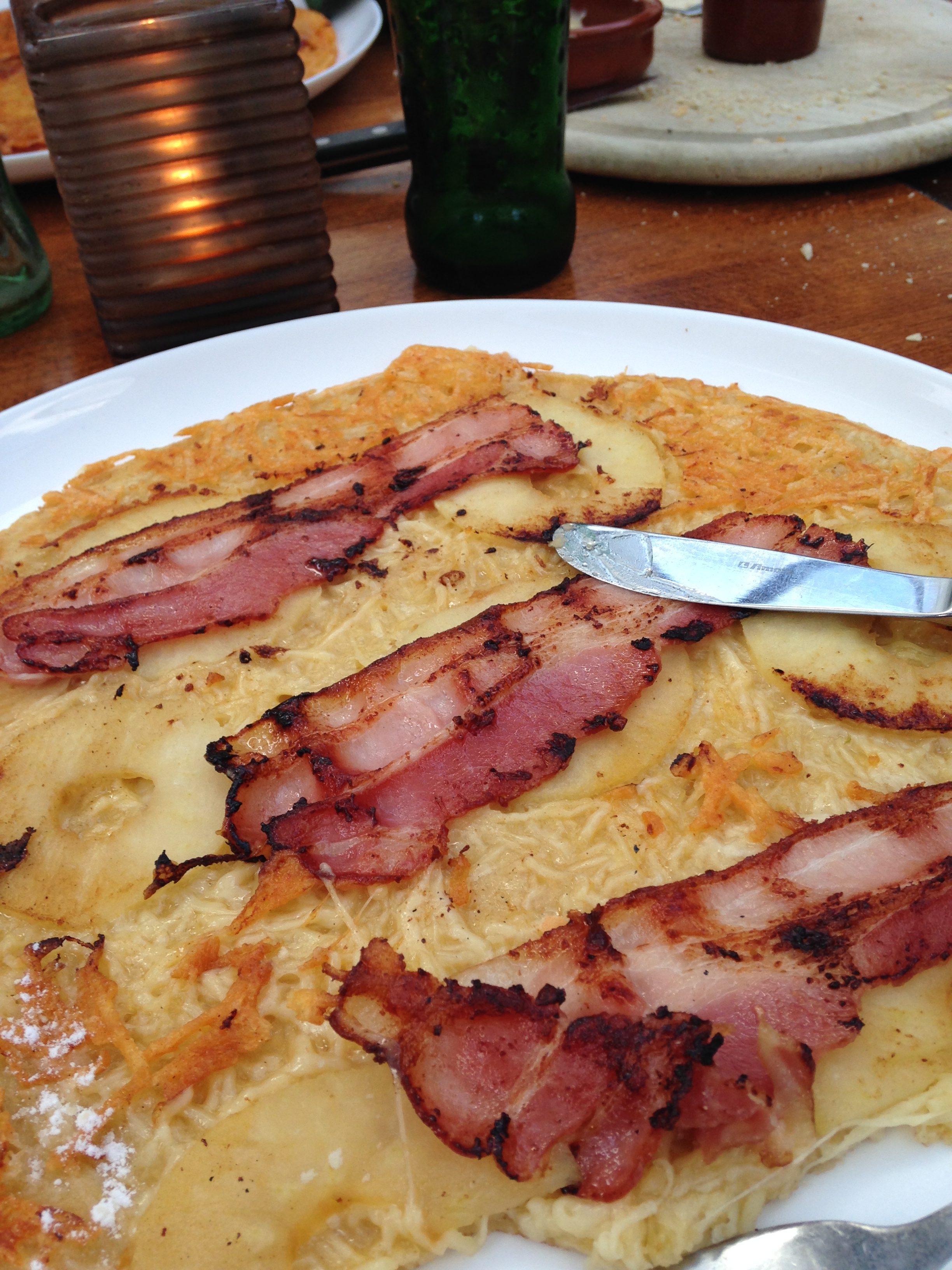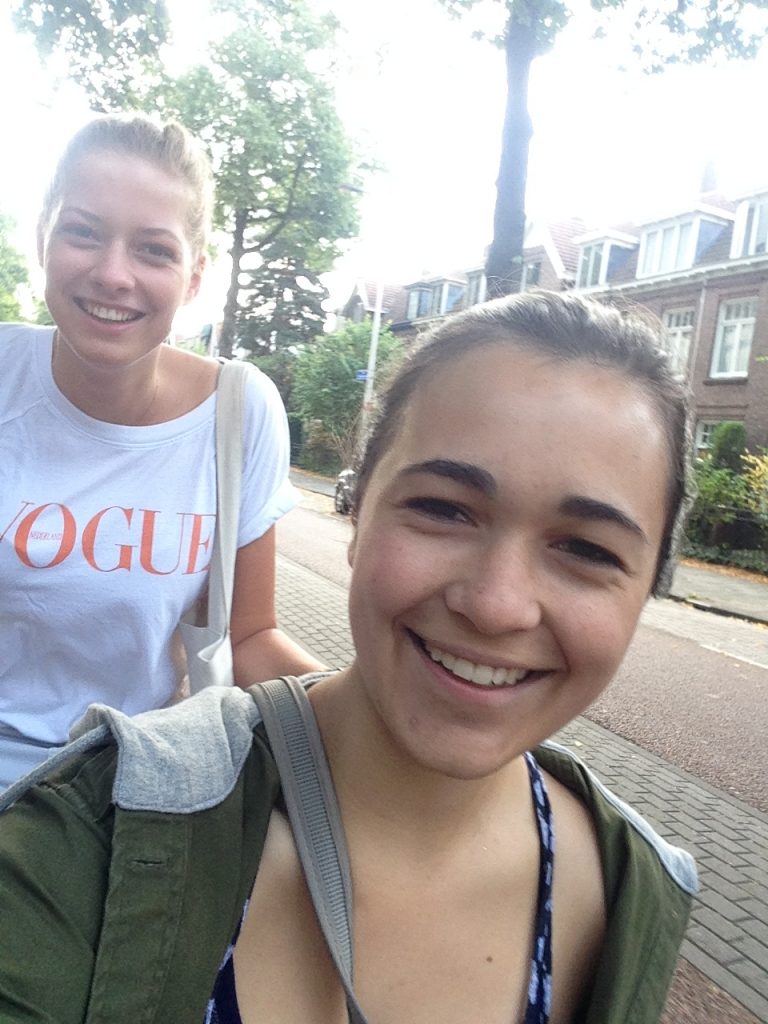Author: Dakota Kampmeier
Location: Utrecht, Netherlands
Pronouns: She/Her/Hers
I’ll be the first to admit it: I was not planning on genuinely studying during my study abroad trip, and I was not shy about saying so. In my mind, study abroad was my one-way (okay, round-trip) ticket to finally live out my dream of seeing the world, traveling frivolously, and paying for it later. I did intend on going to class, but not that often, and I had absolutely no intent to get notably involved on my campus or make any serious commitments to clubs, committees, etc. My plan was to meet people from all corners of the globe and drag them along on weekend trips across Europe. My “plan” was to not have much of one at all, a task I’ve been challenged to accept since I got here.
In high school, anyone would tell you that I was the person to go to if you needed something planned. Whether that be homecoming, junior prom, or a fundraiser, I was your go-to gal. When I got into college, I felt that the pull of wanting to plan everything was weighing me down, dragging me away from the spontaneity of my peers. A few months into school at Valpo I made a promise to myself: be more spontaneous. I vowed that I would ease myself into the free-spirited lifestyle of shrugging at a missed train and plans that fall through. So far, I’ve done a pretty good job at letting go of the need to be in control and always know what’s coming next. When traveling, this is a very valuable asset to have and it has already benefited me in just one month of being abroad. At the same time, I’ve let it get to my head a little bit too much.
Right now, every weekend in my planner is marked up in pencil with the names of cities I want to visit while I’m here. Prague, Lisbon, Cambridge, and Basel, just to name a few. Between the weekends, though, school assignments also emerge. I’ve found that if I want to return to the States well-traveled but also with a boosted GPA, I need to get my priorities in check. To be completely honest, traveling comes before school right now. I love my classes; small in size and not too taxing, they’re all very doable and, dare I say, easier than Christ College courses. I’m taking French again for the first time since high school and reading a novel a week for my intro to literature class. Truly, I love school and I love learning; I always have. However, I find it hard to sit in the library on a Saturday morning when I know I could be just a train ride away from the greatest adventure of my life.
So far, I’ve come to this conclusion: Monday-Thursday is dedicated to on-campus adventures, whether that be homework, making dinner with my unit mates, or catching an improv show with some friends. Friday-Sunday are my days to enjoy the “studying” portion of study abroad. I’m allotted five missed class periods for each of my courses, and I intend to use up all the ones for my Friday morning French class. My GPA will be important to me until the day I graduate, but at this time in my life, I recognize that there is a wealth of knowledge I cannot gain from inside the classroom. Keeping my grades up is vital for my success at Valpo, so I know that balance between schoolwork and traveling is a necessity.
The other day I realized, with a shock, that I have a mere twelve weeks left in Utrecht. There are so many places I want to go, so many I know I won’t get to this time around, and a handful that I must see before returning home. Right now, my grades are high, and I’m taking a low enough amount of credits to grant myself some free time to lay out preliminary plans for these trips. Studying abroad, like everything else, is a balancing act between work and play. Figuring it out on my own is daunting, of course, but also incredibly rewarding. I know that I’ll come home with a totally different worldview, full of knowledge I learned on and off school grounds.
